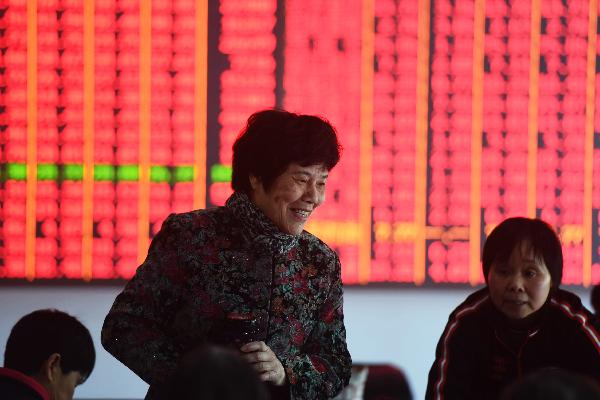
China's stock markets have been on a tear so far this year, amid optimism about a possible trade deal with the U.S. and hopes that the economy may be bottoming out.
As of Tuesday's close, the Shanghai composite has skyrocketed more than 30 percent since its last close in 2018. The Shenzhen component has also seen massive gains of more than 40 percent in the same period. The CSI 300, which tracks the largest companies listed on the mainland, has similarly jumped beyond 35 percent.
In comparison, the Dow Jones Industrial Average and S&P 500 have risen more than 13 percent and 15 percent, respectively.
Last year, Chinese markets experienced their worst performance in a decade, with the Shanghai composite ending 2018 approximately 24.6 percent lower than the previous year.
Beijing on Wednesday reported better-than-expected economic growth for the first quarter of 2019 — a move that could lift market sentiment even higher. The latest GDP numbers showed the world's second-largest economy grew 6.4 percent year-on-year in the first three months of this year, topping the 6.3 percent that analysts polled by Reuters had expected.
A slew of recent data — compiled privately and from official sources — have also pointed to an improvement in the Chinese economy, thanks in part to Beijing's raft of stimulus measures. In March, China reported export numbers that topped estimates, and manufacturing activity that unexpectedly grew.
Meanwhile, Beijing appears to be close to striking a trade deal with Washington, following a series of punitive tariffs that both economic giants slapped on each other in 2018.
Chinese negotiators made unprecedented proposals on forced technology transfers, a sticking point in the talks, Reuters reported in late March. But U.S. Treasury Secretary Steven Mnuchin said Monday the two sides still have lots of work ahead of them.
Investors have been increasingly optimistic that a deal could be struck between the two economic powerhouses that would end their protracted trade fight.
Looking ahead, one strategist said economic numbers and corporate sentiment need to improve in the next six months or so.
"We've started to see retail investors in China feel a little bit more optimistic but they've been busy trying to just take their money back after a terrible year in 2018, so the money is not really at work at the moment," Tai Hui, Asia-Pacific chief market strategist at J.P. Morgan Asset Management, told CNBC's "Street Signs" on Wednesday.
"I think the data, both in the economy and the corporate sector, is going to be pretty important to convince investors in China to come back into the market. And that could well be the key theme for the second and third quarter of 2019 for Chinese equities."
















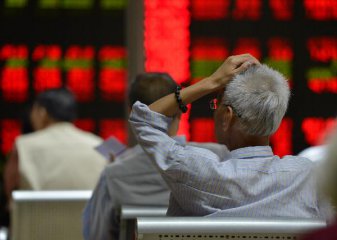
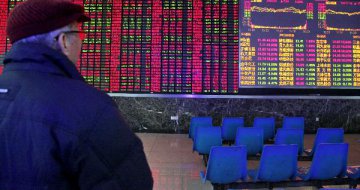
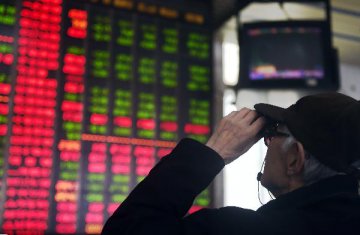


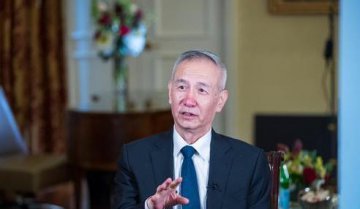


Latest comments